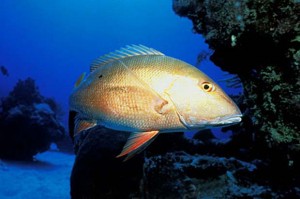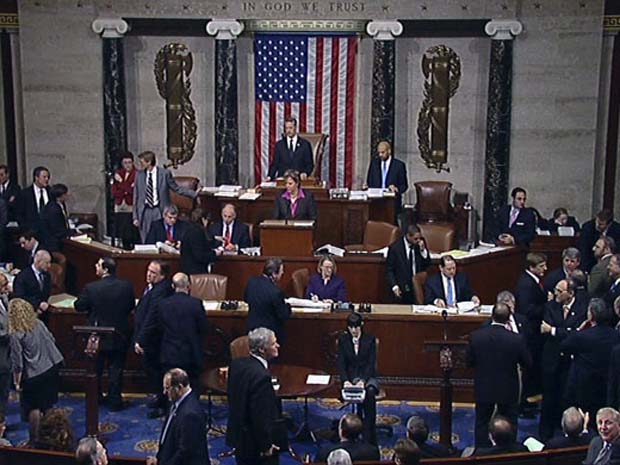The House of Representatives will begin advancing legislation (H.R. 4742) this week, that would, if enacted, undermine the progress we’ve made in sustainable fisheries management.
In recent years, the United States has made significant progress on preventing overfishing (catching fish faster than they can reproduce), rebuilding depleted fish populations, and ensuring that science is the basis of fishery management decisions. Although 72 populations were subject to overfishing in 2000, only 28 are today, and 34 depleted populations—including South Atlantic black sea bass and Pacific lingcod—have been rebuilt to healthy levels over the past 14 years.
This progress would not have been possible without a strong Magnuson-Stevens Fishery Conservation and Management Act, the primary law governing management of U.S. ocean fish. Today, that law is under attack, and we’re in danger of losing these hard-earned gains and sacrificing the long-term sustainability of our fish populations.

Photo credit Florida Museum of Natural History – Ichthyology Department: Mutton Snapper / www.flmnh.ufl.edu
This new bill, H.R. 4742, might as well be called the “Empty Oceans” Act—it would re-create the legal environment that prevailed decades ago and led to decades of overfishing and failures in rebuilding depleted fish populations. The bill would eliminate the establishment of science-based fishing catch limits for many important fish, and put off the critical work of making our fisheries sustainable.
We’ve come too far to go back now.
The House of Representatives’ Committee on Natural Resources will vote on a bill this Thursday, so please contact your member of Congress today and ask them to oppose the “Empty Oceans” Act.
Please take 2 minutes to click here and tell your congressman how you feel on this important issue.








